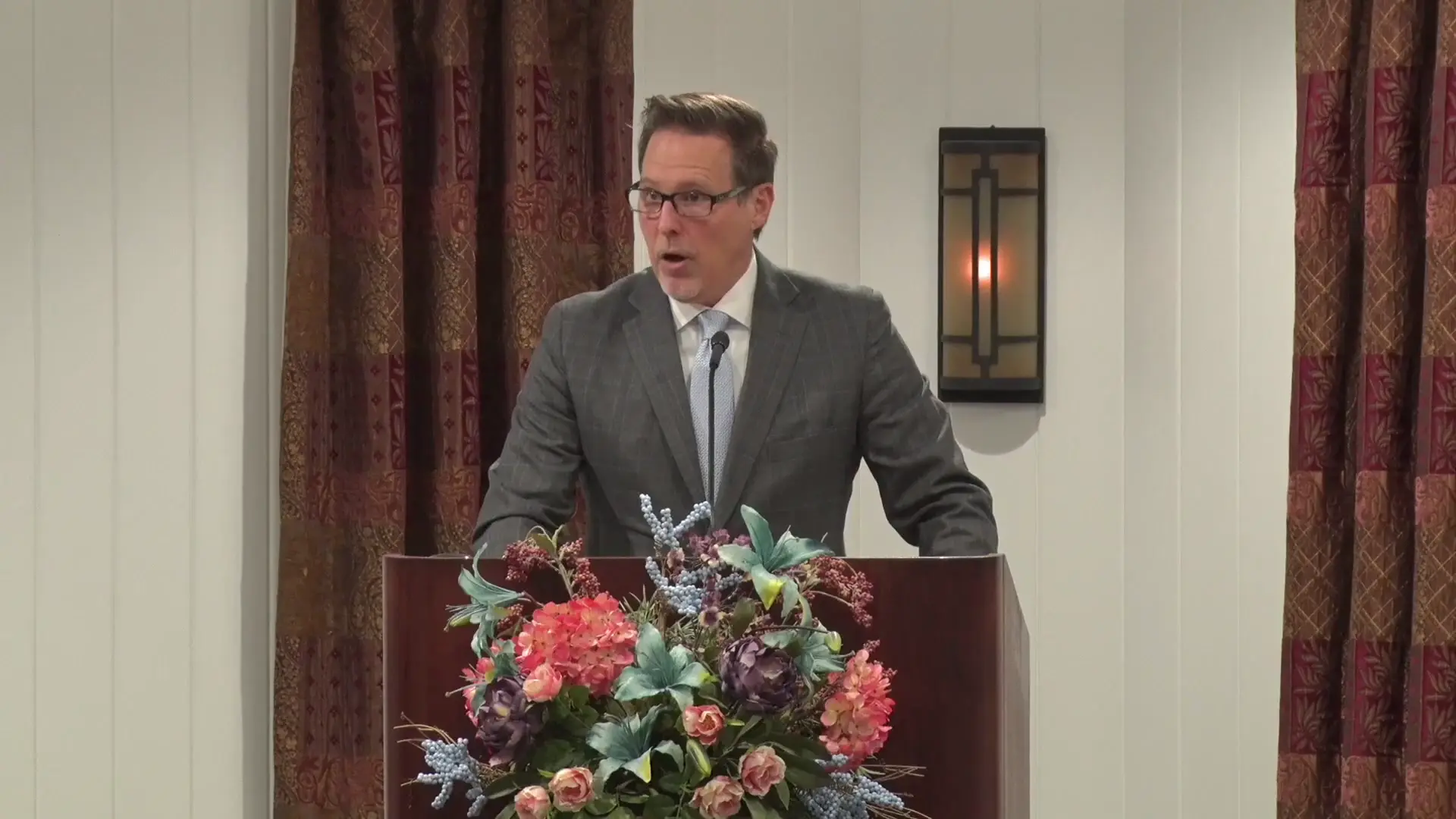Filter by Categories
The Reality of Evil
Sermon by Richard T. RitenbaughThe best weapon against the evil of our human nature is to develop the mind of Christ within us to displace our carnal nature.
The Glorification of Evil
CGG Weekly by David C. GrabbeEvil is not spoken of much these days, except perhaps in movie titles and video games. Yet it exists, and Christians should have nothing to do with it.
Loving Your Enemy
Sermonette by Clyde FinkleaScripture speaks of helping an enemy and "heaping burning coals of fire on his head." This seems to imply revenge, yet the Hebrew idiom indicates otherwise.
Vengeance is Mine
Sermonette by Bill OnisickChrist counsels us to love our enemies in order that we may be children of God, demonstrating not only His mercy but also our sonship by being peacemakers.
The Sixth Commandment (Part One) (1997)
'Personal' from John W. RitenbaughOur society is becoming increasingly violent. The sixth of the Ten Commandments covers crime, capital punishment, murder, hatred, revenge and war.
By This Shall All Men Know You
Sermon by John O. ReidA native practice involves leaving a young man on a remote island with only a bow and arrows until he learns to become a man, and God does something similar.
'But I Say to You' (Part Six): Retaliation
Sermon by Richard T. RitenbaughJesus, using hyperbole to shock His disciples into a change of behavior or attitude, emphasizing that they should resist the impulse to retaliate.
What True Repentance Is
Sermonette by Clyde FinkleaRepentance doesn't just involve the negative aspect of removing sin and bad actions but turning towards righteousness and willful good actions.
Thou Shall Love Thy Neighbor
Sermon by John O. ReidWe are obligated to show compassion and mercy to all, refraining from gossip, exercising righteous judgment, forgiving others and applying the Golden Rule.

'But I Say to You' (Part Seven): Love Your Enemies
Sermon by Richard T. RitenbaughMany scriptures direct us to show kindness to strangers and even our enemies who persecute us. With God's Spirit, we override the fight or flight response.
Peace
Feast of Tabernacles Sermon by John O. ReidIt is difficult to find pockets or places of peace on earth today. The world longs for tranquility, freedom from mental anxiety, and cessation from strife.
The Commandments (Part Fifteen)
Sermon/Bible Study by John W. RitenbaughJesus emphasized the spirit of the law, which places deterrents on the motive (anger, resentment, envy, revenge), preventing murder from ever taking place.
Love
Feast of Tabernacles Sermon by John O. ReidGod appreciates when we show concern for others, developing the maturity to overlook the slights others have made to us. Love sets an example for others.

The Bond of Perfection: Sacrifice
Sermon by Bill OnisickSacrifice is the central theme of God's plan, not only the foundation of salvation, but also a means by which we are transformed into God's image.
Sugar Cookie
Sermonette by Bill OnisickNavy Seal training has a humbling 'sugar cookie' exercise in which trainees are arbitrarily forced to endure excruciating discomfort and humiliation.
Acts (Part Twenty-Three)
Sermon/Bible Study by John W. RitenbaughPaul established his identity and credentials as a Jew in order to build a foundation from which to provide a logical defense of his 'apostasy'.